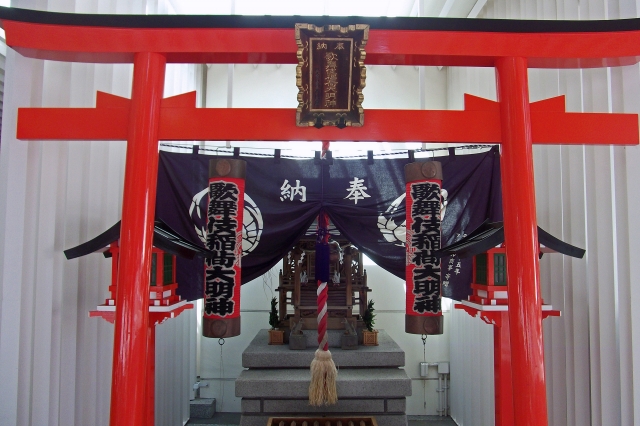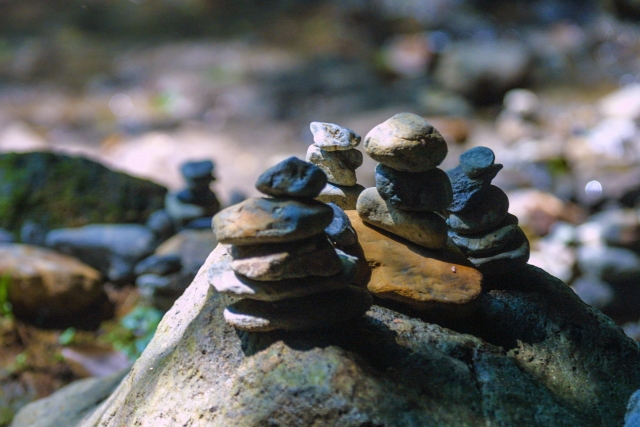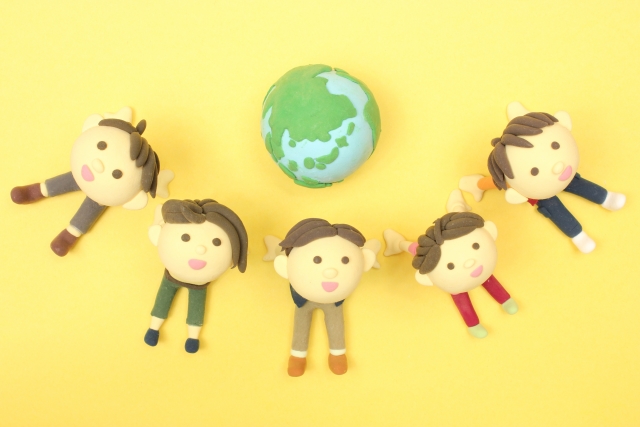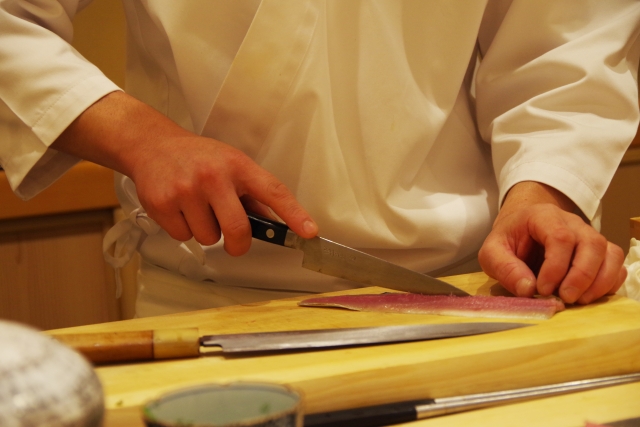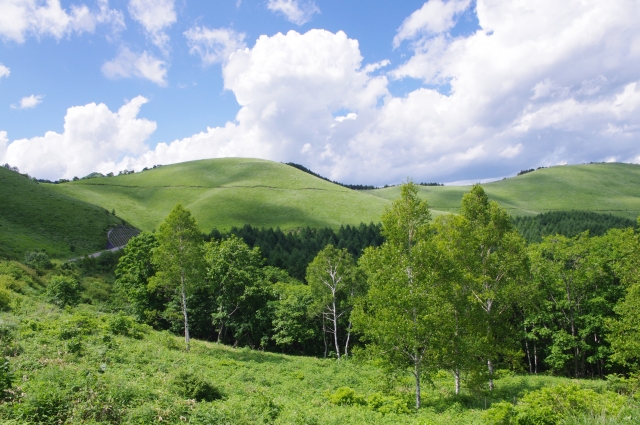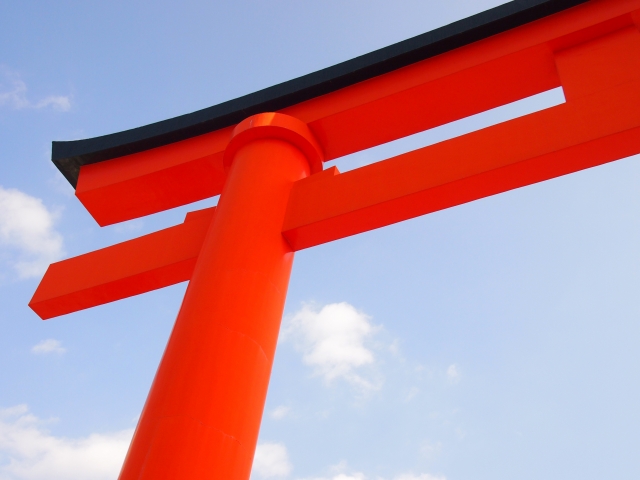
“Uji-Kami” and “Ubusuna-Kami” are generally used to mean the same thing, but they are actually different.
Do you understand the difference?
In this article, I would like to tell you about the difference between “Uji-Kami” and “Ubusuna-Kami”.
However, rather than recognizing the differences, it is important to have the “spirit of worship”.
It is also necessary to visit the shrine without being too concerned about the details.
Uji-Kami
It indicates the guardian deity of the clan and is a “blood-related deity”.
For example, if the “Tanaka clan” moved to a different place and built a shrine dedicated to the “Tanaka clan”, then the shrine would be the “shrine of the Uji-kami” for the “Tanaka clan”.
Strictly speaking, it is the deity that protects the “Tanaka clan”, so Mr. Tanaka’s family has Mr. Tanaka’s shrine, and Mr. Ito’s family has Mr. Ito’s shrine.
For example, it could look like this.
- The deity of the “Monobe clan” is the “Ishonokami-jingu” Shrine, which enshrines “Futsu-no-o-Kami”.
- The deity of the “Fujiwara clan” is “Kasuga-Taisha” Shrine, which enshrines “Ame-no-Koyane-no-Mikoto”.
- The deity of the “Imbe clan” is the “Imbe-jinja” Shrine, which enshrines “Ame-no-Futotama-no-Mikoto”.
Later, other “clans” moved into the area and started worshipping at the same shrine.
The shrines are open, so everyone is free to worship there.
The name “Uji-Kami,” which was used when the “shrine dedicated to the Tanaka clan” was built, was passed down to the next generation, and people from other “clans” also began to call it “Uji-Kami” and worship it.
Ubusuna-Kami
“Ubusuna-Kami” refers to the gods who produce the soil.
“Uji-Kami” is a “blood-related deity”, “Ubusuna-Kami” is a “land-related deity”.
They are closely related to the land, the crops, plants, rivers and other natural resources that grow there, and the lives of the people who live there.
“Ubusuna-Kami” are the guardians of the land.
“Ubusuna-Kami” is not limited to “Japanese deities”.
The idea is that there are “Ubusuna-Kami” not only in Japan, but all over the world.
In other words, there are no national borders.
The Kami who protects the area where you live
In addition to “Uji-Kami” and “Ubusuna-Kami”, there is also the name “Chinju-Kami”.
A “Chinju-Kami” is a deity that protects the people and buildings that live in a certain place or land.
To give you an overview, it refers to deities enshrined for protecting a large area, for example, a country or a castle, and the “Ichinomiya” can also be said to be the “Chinju-Kami” of the country.
Nowadays, “Uji-Kami”, “Ubusuna-Kami”, and “Chinju-Kami” are also used in the same sense as “the kami who protects the area in which you live”.
The word “Ujiko” originally meant “descendants of the clan that worships the Uji-Kami”, but now “Ujiko” refers to “people who live within the ritual area of the shrine”, regardless of “Ujiko”.
From this perspective, “Ise Jingu” Shrine is not only the ancestor deity of the emperor, but also the “chief deity of Japan” and the “chief retainer of Japan”.
If you look into the history of the “Shinto shrines” around you, and how they were built, you may feel closer to “Shinto”.
We also believe that we can feel the values of our ancestors who valued harmony and fusion.


